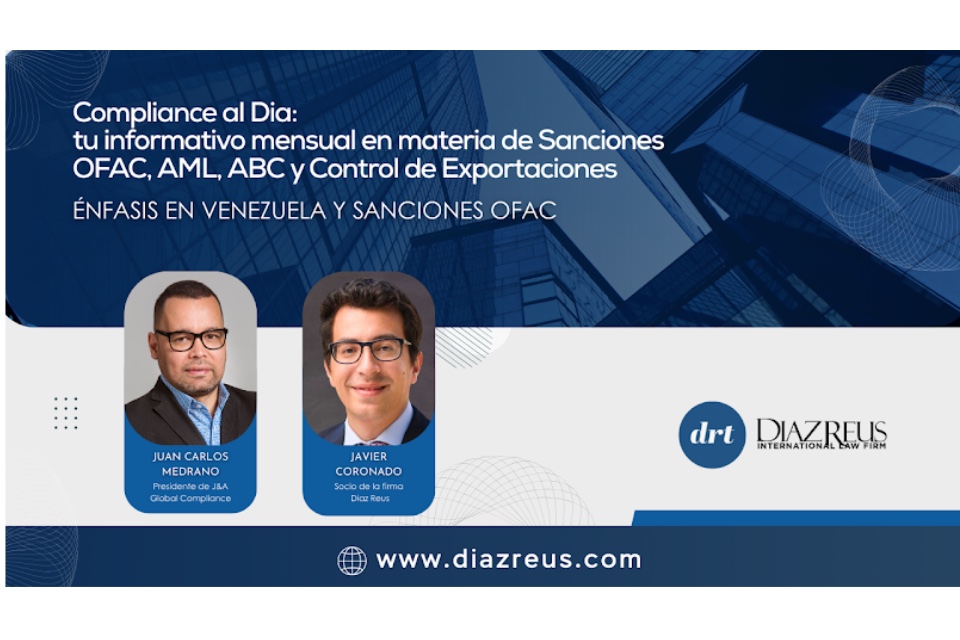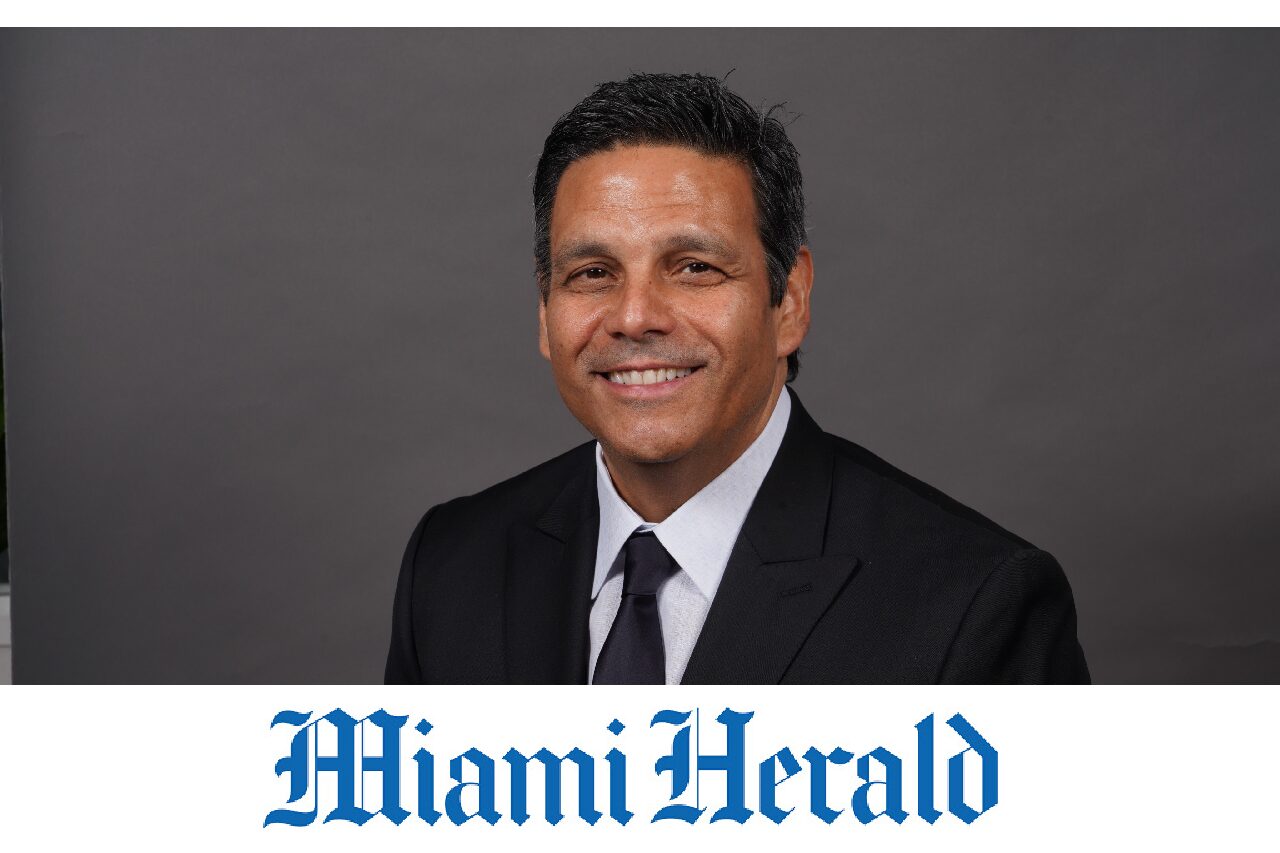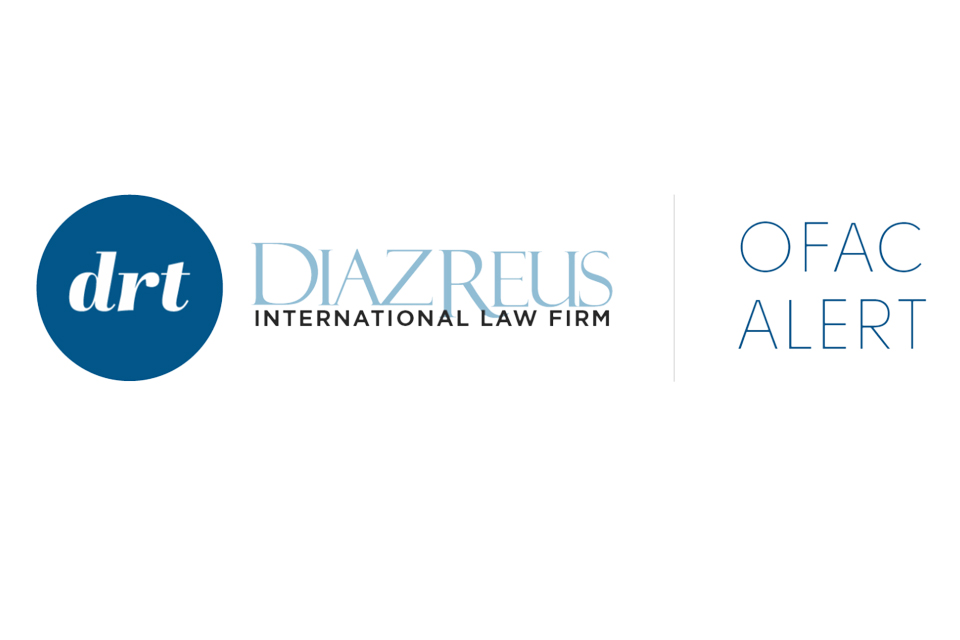By Diaz Reus. Fraudsters, money launderers, and corrupt government officials in Latin America (LATAM) have been running rampant, capitalizing on the coronavirus emergency. COVID-19 is posing unprecedented challenges to compliance professionals in LATAM, both in-house and external, for preventing, detecting, and reacting appropriately to compliance risks, especially in a remote working environment replete with financial strains, and massive surges in alerts caused by changes in the behavior of clients, employees and third parties.
Against this unprecedented backdrop, we present the following summary of recent compliance trends for organizations doing business in LATAM.
ADDITIONAL CORRUPTION RISKS
With governments in the region allocating significant resources via expedited public procurement processes, the risk of corruption has dramatically increased in LATAM. Further, as pressures grow on sales representatives, consultants, and distributors to keep businesses afloat, individuals are tempted to bribe government officials. Not surprisingly, law enforcement agencies in Mexico, Guatemala, Honduras, Panama, Colombia, Ecuador, Bolivia, Argentina and Brazil are conducting criminal investigations against a number of senior officials for participating in schemes to misappropriate emergency COVID-19 funds, or for engaging in the fraudulent purchase of ventilators, masks and other medical supplies.
Critically, multinationals face heightened exposure to corruption allegations, because such enterprises can potentially, in the course of regular business operations, inadvertently assist, sponsor, or provide financial, material or technological support for forms of corruption such as the misappropriation of public funds, collusion, opaque contracts, and overpricing. The risk is even higher when organizations interact with government officials, especially in situations involving government procurement and inspections, customs clearance, licensing and permitting and donations.
Ramifications for multinationals operating in LATAM of being involved in, or associated with, corrupt practices is significant. For example, they can be the target of US enforcement actions, including criminal investigations under the Foreign Corrupt Practices Act (FCPA) for suspected involvement with bribery of foreign officials, and/or under the US Money Laundering Control Act for engaging in monetary transactions in corruption proceeds. Additionally, foreign companies believed to be involved in corruption can have their assets blocked under the Global Magnitsky Human Rights Accountability Act.
In fact, the US Government has continued to aggressively fight corruption in LATAM this year through criminal and civil penalties, in addition to economic sanctions. Notably, the Department of Justice (DOJ) has criminally charged individuals and corporations for FCPA violations in connection with the bribery of foreign officials in or from countries such as Uruguay, Brazil, Panama and Venezuela.
The US Government also recently released new compliance guidance to enhance its FCPA-related enforcement efforts globally. On 1 June 2020, the DOJ released its revised Guidance on Evaluation of Corporate Compliance Programs to further explain its assessments of the design, implementation, and effective operation of corporate compliance programs in criminal cases. And, a month later, the DOJ and the Securities and Exchange Commission (SEC) released a new edition of their FCPA Resource Guide, which advises on prosecutorial guidelines in FCPA matters.
Also, the US Government has expanded its economic sanctions related to countries that are believed to be under corrupt regimes, such as Venezuela. Specifically, the US Government has sanctioned several individuals, entities, and vessels for operating in designated sectors of the Venezuelan economy, or for their attempts to evade US sanctions related to Venezuela.
CORONAVIRUS-RELATED FRAUD
Law enforcement agencies from Panama to Argentina are investigating criminals impersonating government agencies, international organizations, and healthcare facilities to solicit donations, steal personal information, or distribute malware (imposter scams); fraudsters misrepresenting that the products or services of publicly traded companies can prevent, detect, or cure the coronavirus (investment scams); companies selling unapproved or misbranded products that make false claims pertaining to COVID-19 or fraudulently marketing COVID-19-related supplies (product scams); individuals and entities stockpiling items in high demand to sell them at extremely high prices online and in person (price gouging); and insiders conducting transactions based on, or tipping others with, material non-public information about the negative impacts of COVID-19 on the financial performance of shares (insider trading). Business email, telework, and social media scams, ransomware attacks, and phishing email schemes have also proliferated in regions such as Puerto Rico, Guatemala and Mexico.
Organizations should take great care to familiarize themselves with emerging trends associated with coronavirus-related fraud identified by regional law enforcement agencies, in order to promptly detect and report criminal activity. In addition, businesses applying for relief programs offered by governments in LATAM should track and understand the eligibility requirements under local statutes, to prevent future civil and/or criminal liability for sanctioning benefits fraud.
INCREASE IN MONEY LAUNDERING (ML) AND FINANCING OF TERRORISM (FT)
On April 8, 2020, the Financial Action Task Force of Latin America (GAFILAT) issued its ‘Statement on COVID-19 and its associated Money Laundering ML and FT risks.’ In it, GAFILAT cautioned that controls aimed at preventing and combating ML and FT in the region have been compromised by the pandemic, due to a decrease in compliance staff at reporting entities. GAFILAT also warned that criminal organizations are stepping up recruitment to support ML-related activities, and that pawn shop services, lenders, as well as informal financing are being used for ML and FT in the region now more than ever.
In fact, a number of law enforcement agencies in LATAM are witnessing an increase in the recruitment of people, sometimes under the pretext of legitimate employment, to receive deposits of illegal money into personal bank accounts; as well as an increase in illicit financial flows, including trade misinvoicing, tax evasion and the criminal smuggling of cash, gold, diamonds, and illicit goods across borders.
There is also a growing concern among Governments in LATAM of criminals using cryptocurrency in the midst of the pandemic to hide the illicit origin of funds stemming from blackmail, extortions, imposter and investment scams, and charities fraud.
RECOMMENDATIONS
While most government agencies in the region have granted some measure of regulatory relief to organizations upon considering the current circumstances, there is no ‘pandemic defense’ for violating applicable laws. Organizations should make every effort to meet their compliance obligations, such as filing suspicious activity reports and conducting comprehensive, risk-based, and integrated customer and third-party due diligence.
Given the additional risks caused by COVID-19 in LATAM, organizations should also update their risk profile to determine where vulnerabilities exist and enhance their controls, including customer and third-party due diligence procedures, around those vulnerabilities. For example, organizations should design and implement digital identity systems under the on-point guidance issued by the Financial Action Task Force (FATF) on 6 March 2020. In it, the FATF explains several factors for assessing whether a digital identity system is sufficiently reliable and independent to conduct customer due diligence.
Lastly, organizations should make the best of technological resources to provide employees, customers, and third parties with training programs, together with mentoring and capacity building support, so all stakeholders are familiar with the red flags of fraud, corruption, and money laundering, and can take timely and appropriate remedial action.














